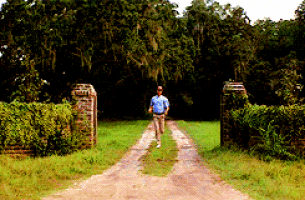
Over the past two months, I have been gathering information to answer my research project question, What do Students do for Exercise, Why and How often?
Initially I started off by researching as much as I could on the topic, so I could understand all of the angles, it became relatively obvious that there was a lot of information on the benefits of exercise for students, but not so much as to why these students don’t choose to exercise. This is what I wanted to find out and that is how my question came about.
I learned a lot from conducting a research project, it requires a lot of patience and a trial and error process. I wanted to start out with a survey, as I thought this would be the most convenient for me being a university student myself, I didn’t want to create a project that would require a lot of time and effort. It became apparent that the traction for my survey (4 people participated) was not very good, which led me to start a focus group on campus. By changing my attention to a focus group, I would be able to eliminate privacy risks when using Facebook to promote my survey. This meant that the risk management level of my project would become low-medium.
The focus group ended up being incredibly successful with 30 students sitting down and participating, I learnt a lot from these students, as they were able to talk freely and not be subjected to answer one of four questions which is what the survey did. A lot of conversation and somewhat debate was displayed throughout the group which sparked further understanding as to why these students do or don’t exercise.
The qualitative nature of the research made it easy to assess the factors as to why students exercise, why and how often. However, some students would elaborate more on the questions which was amazing. It meant that they would add more depth. In terms of reflexivity, a survey would have been great to demonstrate this factor, however I changed to a focus group which allowed for a specific sample size. Creating a focus group meant that we were able to remain timely and keep it interesting by being able to talk freely.
Overall, I believe that the study was a success, I was able to reach my time management schedule and lower my risk assessment by pursuing a focus group rather than an online survey. Students preferred the social aspects of exercise and weren’t aware of the cognitive benefits. Some students mentioned that they can’t possibly fit it in due to full time work and other pressures in their lives such as uni work and social outings. I am happy that I was able to conduct an ethical research practice and hopefully I was able to obtain further insights into the unlikely groups of university students.

Leave a comment